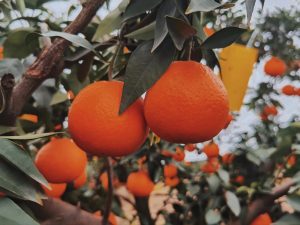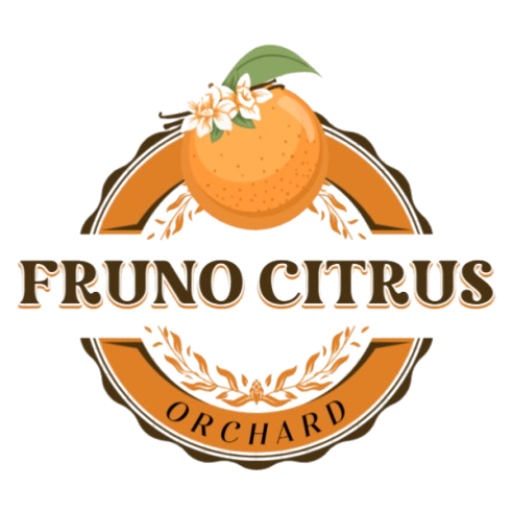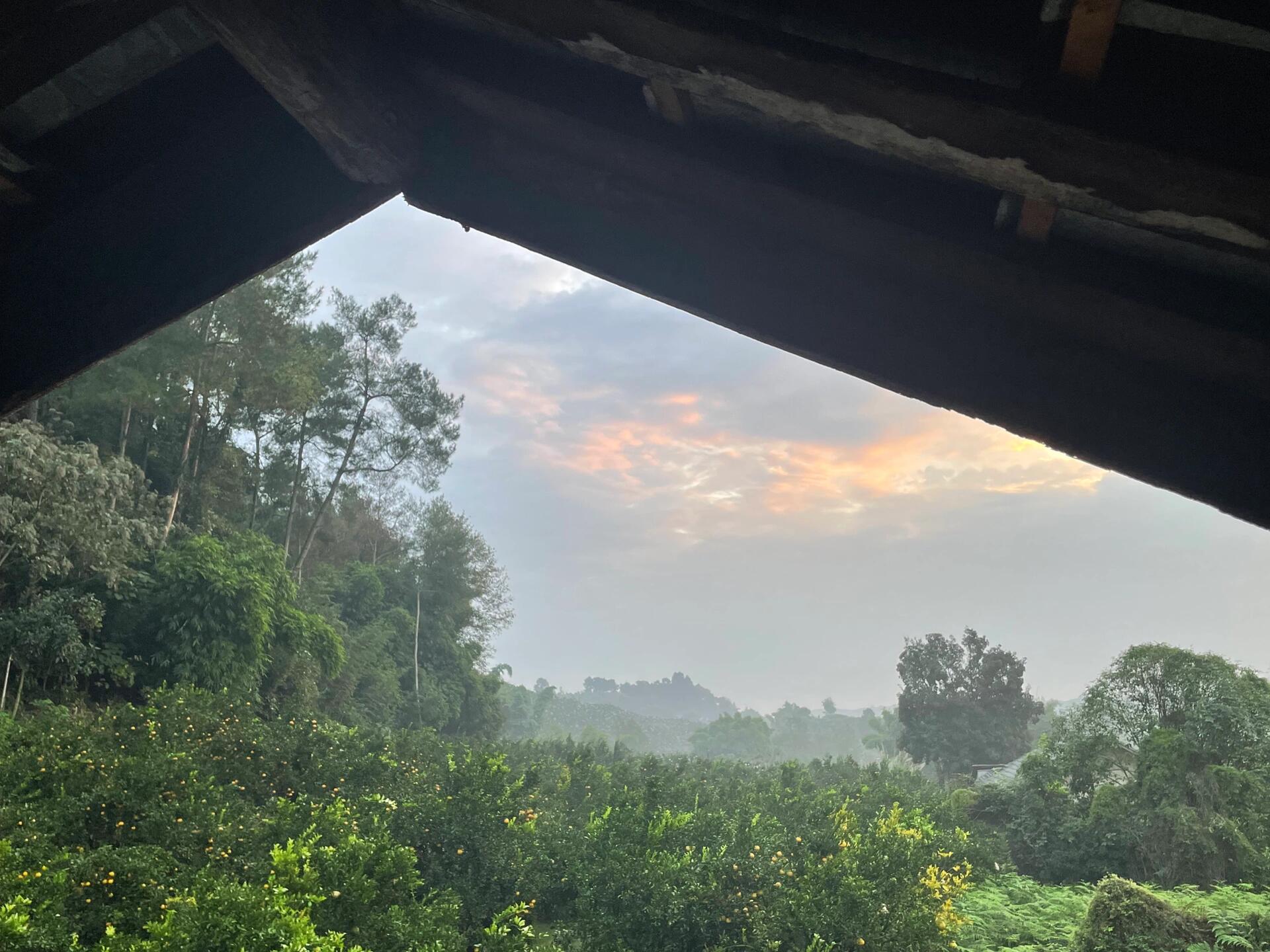Modern Citrus Orchard Management: Ensuring Quality and Global Standards
Modern Citrus Orchard Practices
Citrus orchards, particularly those focusing on Ehime Jelly Orange and other late-season varieties, are increasingly adopting modern management techniques to enhance productivity and ensure compliance with global standards. By integrating advanced agricultural practices and technology, farmers can improve fruit quality while meeting the ever-growing demand for citrus fruits in international markets. The Ehime Jelly Orange, known for its unique flavor and texture, requires specific cultivation methods to thrive. This includes optimal soil management, irrigation practices, and pest control measures that are environmentally sustainable. With over 27 years of experience in citrus farming, growers are leveraging their knowledge to implement these practices effectively, ensuring consistent harvests of high-quality fruit. Moreover, the demand for late-season citrus has surged, especially as winter approaches, marking a peak season for citrus consumption. As such, managing harvest times strategically is crucial. The scheduling of harvesting activities for Ehime Jelly Orange, Papagan Orange, and Ganping Mandarins must align with both market demands and climatic conditions to maximize yield and minimize losses.
Quality Assurance and Compliance
Ensuring quality and adhering to global standards is non-negotiable for modern citrus orchards. The stringent quality controls set forth by international markets necessitate that growers maintain high standards throughout the supply chain. This includes everything from the initial planting stages to post-harvest handling and packaging. For instance, the Ehime Jelly Orange not only needs to be grown under ideal conditions but also requires proper handling to prevent damage during transport. Farmers must engage in rigorous quality assurance processes to guarantee that the fruit meets consumer expectations. This includes monitoring for pests and diseases, as well as implementing effective cold storage solutions to preserve freshness during transit. Additionally, growers often seek partnerships with wholesalers who understand the nuances of exporting premium citrus products. By collaborating with reliable suppliers, orchard owners can ensure that their produce reaches international markets promptly and in optimal condition, ultimately enhancing the reputation of their brand.
Sustainable Practices in Citrus Farming
Sustainability is a critical aspect of modern citrus orchard management. As environmental concerns rise, growers are increasingly adopting practices that reduce their ecological footprint. Methods such as organic farming, integrated pest management, and water conservation techniques are becoming commonplace. Utilizing organic fertilizers and minimizing chemical inputs not only benefits the environment but also enhances the quality of the Ganping Mandarins and other citrus varieties. These practices resonate well with health-conscious consumers, contributing to a growing preference for organic produce in the marketplace. Furthermore, the implementation of precision agriculture technologies allows growers to monitor crop health in real-time, leading to more efficient use of resources. This data-driven approach aids in making informed decisions about irrigation, fertilization, and pest control, fostering a sustainable and productive farming ecosystem. By embracing these modern techniques, citrus orchards can ensure the long-term viability of their operations while meeting the increasing demands of consumers around the globe.

